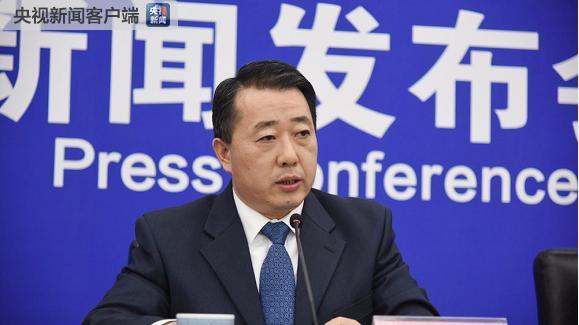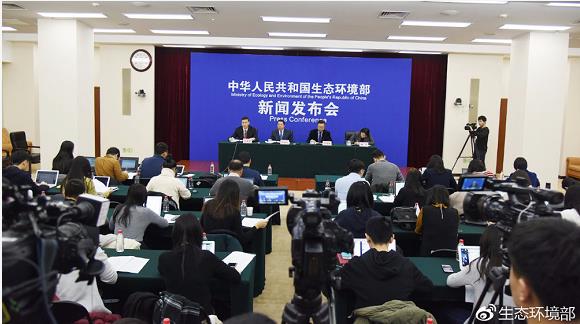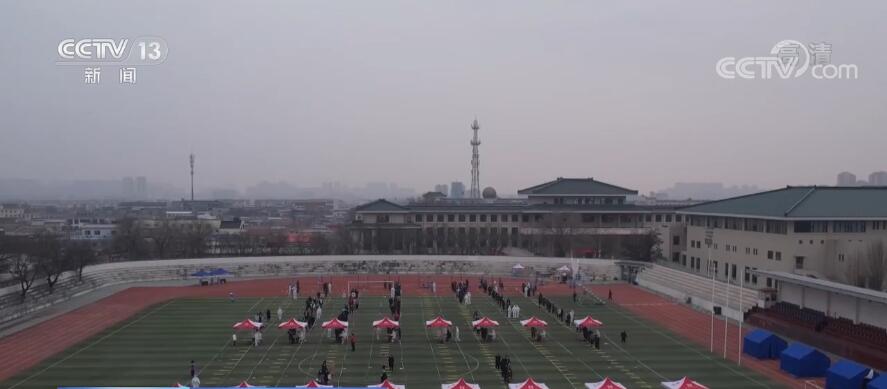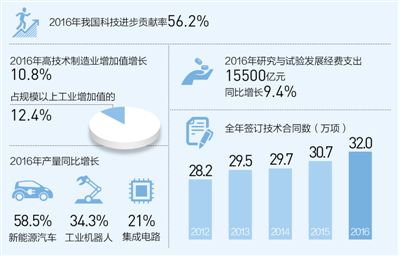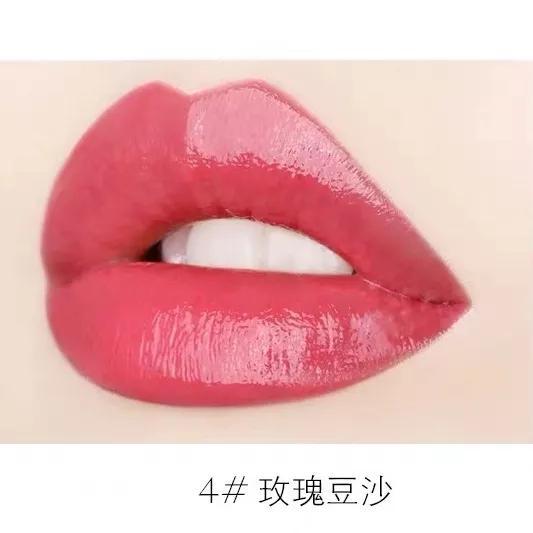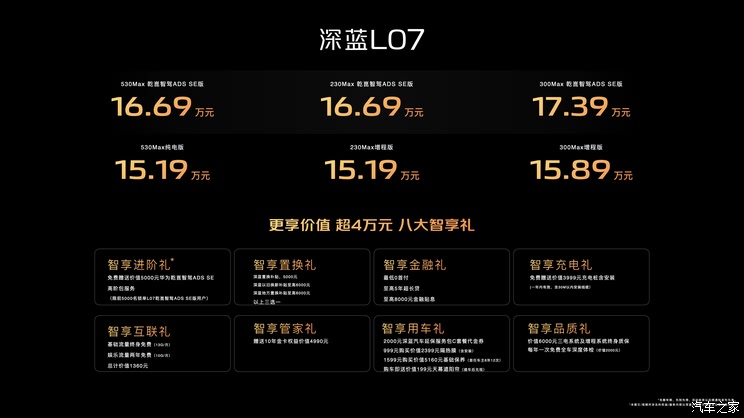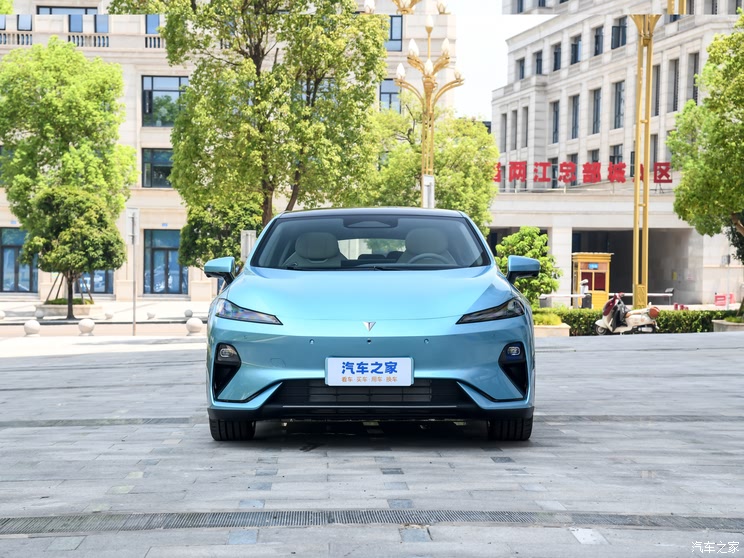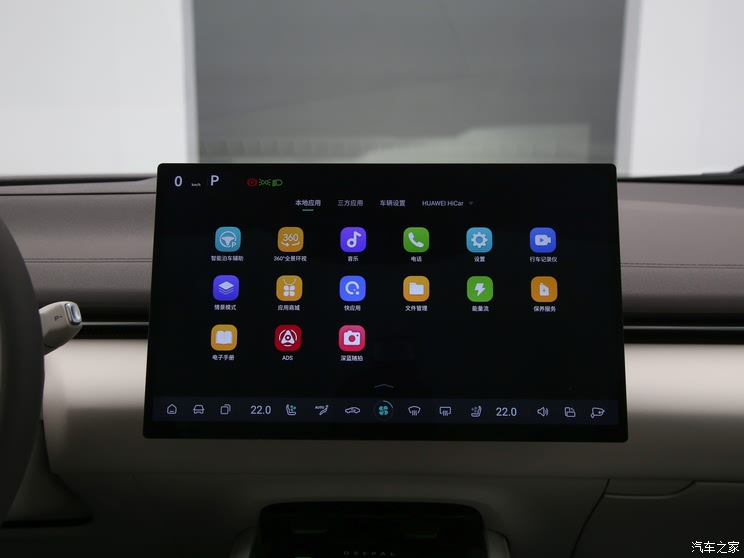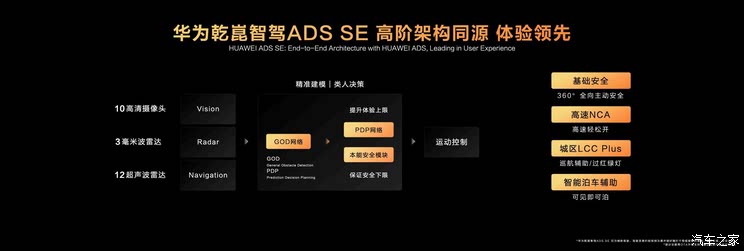[Editor’s note]
In 2020, the world suffered an unprecedented catastrophe-COVID-19. 70 million people were diagnosed, 1.7 million people died of illness, personnel exchanges stagnated, and the global economy fell into the worst recession after the Second World War …
Life is slowly recovering, but COVID-19 has undoubtedly been deeply imprinted on everyone’s memory. What will this memory leave for mankind? Blockade? Social distance? Or is it better to deal with a new epidemic in the future?
澎湃 International launched a series of reports on "Global Epidemic Remembrance", reviewing the joys and sorrows experienced by people in many countries in the past year, sketching out the unprecedented picture of the world under the epidemic, and looking forward to where mankind and the earth will go.
How did the sudden COVID-19 epidemic change our life course? In 2020, the international students who are trapped by the epidemic are faced with the most difficult choice in their lives.
At the beginning of the year, with the outbreak of the epidemic worldwide, the number of people infected with COVID-19 in various countries soared, and the bad news about "studying abroad" followed one after another-many universities announced that they would postpone the start of school and study online courses instead; TOEFL and IELTS are suspended; International direct flights are suspended, and the return ticket is "one ticket is hard to find"; Visa policy changes frequently …
Is it to take risks and go abroad, or to "study at home", upside down day and night, or to give up the dream of studying abroad? For the uncertain future, international students have had worries and hesitations: "Will I be infected with COVID-19 abroad? Is there enough medical resources for treatment? " "How to carry out online teaching? Can I still graduate smoothly? " "How can I go back to China to find a job?"
After the entanglement, prospective international students finally made their own choices: some people pursue their ideals and resolutely study abroad; Some people choose to follow the reality and postpone or give up studying abroad; There are also students who choose the form of online classes "studying at home" …
Go? Still not going?
On February 26, 2020, as usual, Haley, who lives in a certain place in the northeast, routinely checked whether there was any new mail from the application school in her mailbox. That night, she received an admission notice from Oxford University, a "Dream School".
"Unreal feeling! According to this situation this year, I still want to find a job first, but I didn’t expect to receive an Offer! " Haley shared the news of being admitted to Oxford with her friends at that time.
However, in the months after receiving the Offer, Haley’s heart has always been unresolved. Although she has been observing the development of the epidemic situation in Britain with the attitude of "going out (studying abroad) as much as possible", after witnessing the number of newly confirmed cases of COVID-19 in Britain soared to 15,000-20,000 in late September and early October, and learning that some China students were infected with COVID-19 after going to Oxford, Haley cancelled the plan to report to the British school immediately and decided to "study at home" for the time being.
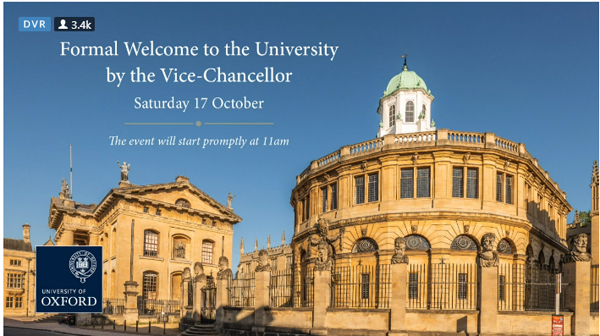
In the fall semester of 2020, Oxford University held a rare online opening ceremony. The pictures in this article are provided by the respondents.
According to Haley’s classmates in Oxford, due to the limited local medical resources, it is difficult for the hospital to make an appointment, and it may not take care of everyone. "A few China students who have been diagnosed with COVID-19 in the UK are isolated in the dormitory.,Rely on self-resistance and drugs brought from China to fight the past. "Haley told The Paper," In fact, they have no choice. They are quite helpless. "
"I have never regretted studying at home." Haili said that Oxford’s epidemic prevention measures are very strict. Even when going to school, students are only allowed to stay in the dormitory for online classes or to go to the nearby parks for outdoor activities. Not only can they not visit local historical and cultural sites, but they can’t carry out offline social activities with their classmates.
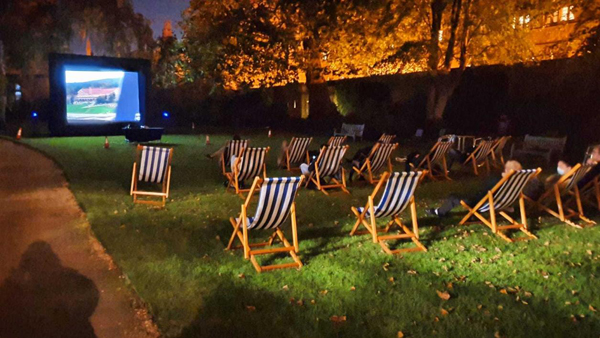
Oxford’s offline activities also have strict restrictions on social distance.
Ivan, who has worked in Beijing for two years, is different from Haley. After learning that she was admitted in the first half of 2020, she resolutely quit her job, went through the admission procedures of Imperial College, and began to rent a house in London.
"When making this life plan, the epidemic has not yet broken out." Ivan recalled, "In view of the fact that many students around me postponed their enrollment for one year, I was quite entangled at first, but in the end I decided to go directly to school. I am a courageous person, and I have lived independently for a long time before. In the face of this special situation, my parents also support my choice. "
Ivan also admitted that another reason for making this decision was that he had resigned, and it was very difficult to find a good job during the epidemic. "After work, I always have plans to continue studying, and I also have plans to adjust my work direction after reading the book. If I don’t go this year, it means that I may have to wait for another year to start school next year, or find a job to make do. This is not a good choice. "
Ivan clearly remembers that he arrived in Britain at the beginning of October when the second wave of epidemic spread in Europe. With the soaring number of confirmed cases in COVID-19, British Prime Minister Johnson announced a "three-level blockade" on October 12th, and banned family gatherings in extremely high-risk areas and advised people not to go out.
"At that time, there were no particularly strict control measures." Recalling the process of his entry, Ivan said, "I remember filling out the entry form on the plane and then entering the customs smoothly."
Although there is no uniform arrangement for isolation, the British government requires passengers entering the UK to be isolated for 14 days. After arriving in the UK, Ivan’s school also asked to send an email to the school after 14 days of isolation, and attached an "entry stamp" to verify the entry date and confirm whether foreign students from the UK were really isolated for 14 days. "It is said to be isolation, but it is not mandatory. It depends on personal consciousness." Ivan thought for a moment and said.
After coming to Britain for a period of time, Ivan found that British people pay more attention to keeping social distance and disinfection measures are in place. "At that time, I thought that the protection I should take was done, so I was not so afraid."
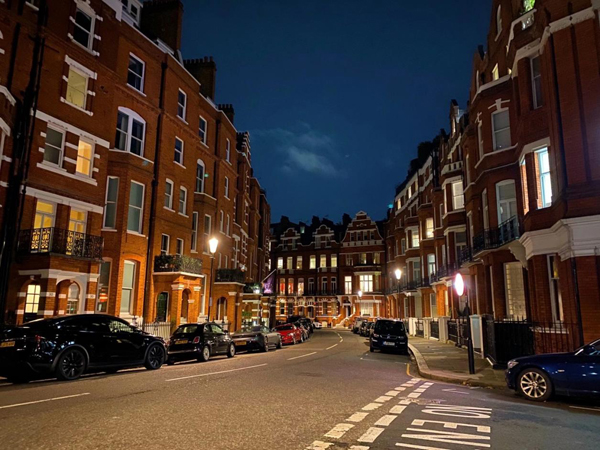
The deserted streets of London
Whether they go to Britain in person or not, Haley and Ivan still choose to finish their studies in overseas universities during the epidemic. However, Xiaoyu gave up her dream of studying abroad at the last minute after she got the Offer of "Dream School" and obtained the qualification of going abroad at national expense.
It has long been Xiaoyu’s dream to study in Europe. "Although I majored in French, I was unable to visit France or Europe in person, which is my great regret." Xiaoyu told The Paper. Therefore, Xiaoyu has been eagerly looking forward to the exchange program of the school since she entered the graduate school.
Finally, at the beginning of January 2020, less than half a year before Xiaoyu graduated, she waited for the opportunity to exchange with the European Institute in Belgium, which is located in Brussels and is regarded as an important think tank of the European Union and the cradle of future European politicians, and its diversified international practice activities are also what Xiaoyu is most looking forward to.
So, from the beginning of January to the middle of August, Xiaoyu almost never stopped, from preparing for the written test and interview of the European Institute, to attending the interview in china scholarship council, and then to surprise her language scores. Finally, she obtained the national public school qualification of the European Academy, and this year only four people in the country received this grant.
However, by the beginning of August, seeing the number of confirmed cases in Belgium rising, Xiaoyu and her parents changed their optimistic judgments. "We all think it is dangerous to go to Europe now, and we are more worried that we may not be able to get medical resources after being infected in a foreign country." Xiaoyu told The Paper bluntly that she gave up the Offer just around the corner for security reasons. Just over a month later, the European College announced that 22 students had positive Covid-19 test results, and then 350 students were isolated. "In retrospect, it was a wise decision not to go abroad."
According to the report "How the COVID-19 epidemic affects international students" released by QS, a global higher education analysis organization, in November, 66% of the students surveyed believe that the COVID-19 epidemic has affected their study abroad plans. Among these affected students, 48% said they would choose to postpone their enrollment, while 4% said they would give up their study abroad plan.
Back? Still not coming back?
Under the epidemic situation, not only China students are struggling with where the road to study abroad will go, but also foreign students coming to China are facing the same choice problem.
Aki from Japan is going to study for a master’s degree in a university in Shanghai in September 2020. Originally, Aki wanted to travel in China in his spare time of half a year before he was promoted to graduate school, but the sudden epidemic disrupted his plan.
At the end of January, in the face of the raging epidemic, Aki, who was worried about the increasing number of confirmed cases in the news, immediately bought a plane ticket and returned to Japan. But after returning to China, Aki witnessed another scene. "Shortly after returning home, the Japanese epidemic began to escalate, but the people did not pay attention to it. Instead, I began to worry about Japan."
Aki, who returned to Japan, was very cautious. She had to wear a mask when going out, and sometimes even used goggles. Aki recalled that he felt more "calm" in Japan than in China. "In order to make them feel nervous, I took out the’ ultimate protective weapon’, but I got a faint laugh from my friends."
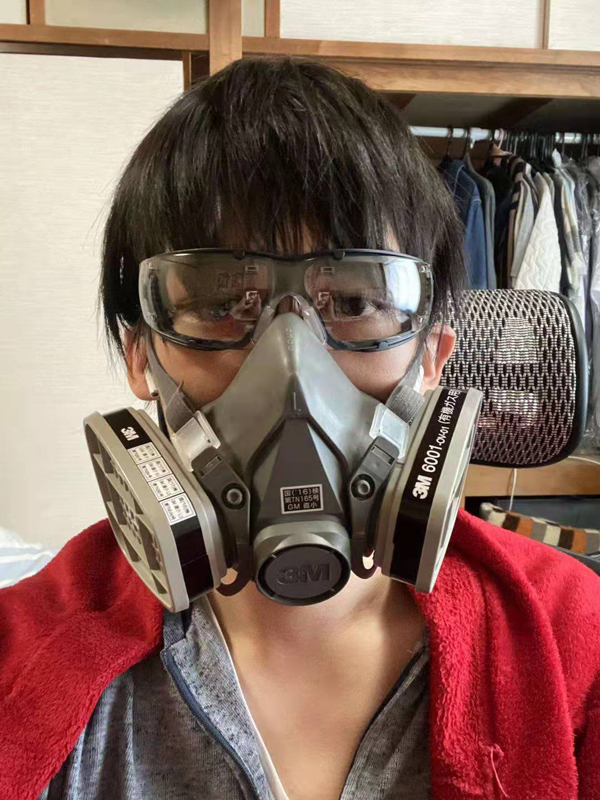
Aki’s "ultimate protective weapon"
Seeing that the epidemic in Japan is getting worse, Aki has also become impatient. "I want to go back to school." In March, Aki’s heart echoed with this voice all the time. After numerous entanglements, he set off for China.
After returning to China, the school hasn’t started yet, and my friends in Shanghai haven’t come back. Recalling the isolation period, Aki’s mind is full of staring at the hotel wall. "Did you want to go back to Japan at that time?" In the face of this question from a reporter from The Paper, Aki shook his head firmly: "I have decided to study for a master’s degree, and staying in China to prepare for admission is my best choice."
Similarly, in the face of the epidemic that was caught off guard at the beginning of the year, graceful girl who originally planned to stay in Shanghai universities for the winter vacation to finish her graduation thesis decided to return to Mongolia under the repeated urging of her parents, and her trip back home can be described as "full of twists and turns".
Mina first flew from Shanghai to Hohhot, and was later told that the flight from Hulhaote to Ulaanbaatar was cancelled. "The first time I encountered such a thing, the whole person was embarrassed at that time." Recalling this experience, there is still a trace of helplessness and confusion in the graceful tone.
At the suggestion of the Mongolian embassy in China and family and friends, graceful decided to take the train to Erenhot first, and then try to buy back the train tickets of Mongolia from there. Finally, with the help of the hotel owner, graceful bought a train ticket back to Ulaanbaatar. After arriving at the station, she had to change trains before returning to her hometown of Erdent. The original 7-hour trip home, graceful this time it took nearly three days.
"On my way home, I was very worried that Mongolia would close the border during this period, which led to my long-term stay in Erenhot." According to Reuters, Mongolia allowed its citizens in China to return to China before February 6th, and Graceful returned to Ulaanbaatar just three days before the border was closed.
Online classes are "not smooth"
In order to curb the spread of the epidemic, major universities at home and abroad have adopted the form of online teaching. However, from the perspective of studying music, online classes are a big challenge.
"This year’s online classes have hardly gone smoothly." I sighed. Under the epidemic situation, chorus classes were completely suspended, video lectures were often stuck, and the rehearsal of the opera became difficult. "There was a teacher who had a super good temper, but when the online class was not good, he couldn’t hear the song, or the accompaniment couldn’t keep up, I could still see his rare’ grumpy side’."
Imagine a vocal music class in an epidemic situation. One student has been singing in front of the camera for a long time, but another student’s accompaniment has stopped at the last beat because of the network delay. The teacher looked at the camera with a puzzled face and didn’t know how to evaluate it. What a "wonderful" picture would it be?
Before the epidemic, I practiced accompaniment every day, but it was difficult to implement this "convention" under the epidemic. In an interview with The Paper, Xi raised her mobile phone and showed the disinfection measures for practicing piano at ordinary times. "Paper towels, disinfectant and alcohol are all necessary." I am shaking the alcohol in my hand and habitually wiping the keys.
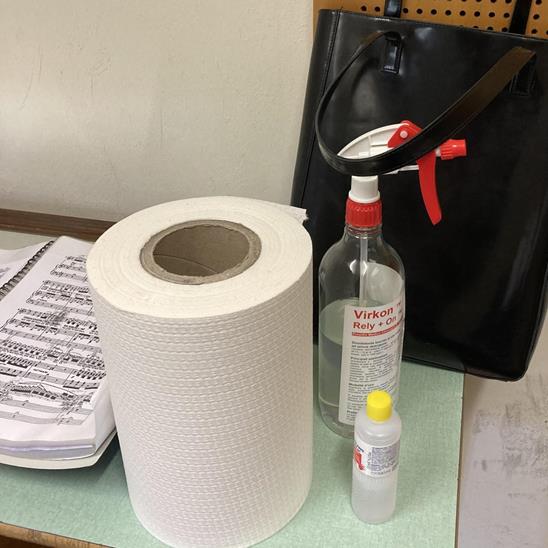
Necessary disinfection tools in the piano room
Ivan also admits that online classes have brought a little "sense of distance" to her life in studying in Britain.
Because Ivan’s business school attaches great importance to group discussion and teamwork, it is very difficult to carry out courses under the epidemic. "Our teacher once said that when people can’t communicate face to face, it is difficult to catch others’ attention." The survey report released by QS also shows that more than half of the international students in China, the European Union, India or North America are not interested in online teaching.
Unlike Xi and Ivan, Haley feels unprecedented pressure from online classes.
"I never imagined that studying at home would be so difficult. I want to drop out of school. " Haley, who won a national scholarship in a domestic university, almost collapsed after a week of long-distance classes in Oxford, and the high-load learning tasks occupied almost all of her life.
"I’m not the kind of person who works hard. However, I found that all the students around me learn this way. They either go to bed at 3: 00 to 4: 00 in the morning or get up at 4: 00 in the morning to study," said Haley, whose learning motivation is largely driven by her classmates. "If a classmate asks you to discuss a problem, but you can’t do anything, you lose a chance to communicate with them. Now I am tired of studying every day and living in anxiety. I am worried that I will not graduate. "

Haley’s "studying at home" has a full schedule every week.
Re-understanding society and self
In response to the fierce epidemic situation, European countries have adopted strict epidemic prevention measures one after another, and the Italian government is no exception.
Roberto saviano, an Italian writer, once said in an interview with the British newspaper The Guardian: "When the blockade was first imposed in March and April this year, Italians agreed that it was a brand-new emergency, which was difficult for any government to handle, but as the situation developed, they felt cheated."
Faced with the economic losses caused by the epidemic, the Italian people launched wave after wave of protests this year. They held slogans like "Protect yourself, or we will perish", continued to complain about the economic downturn under the epidemic, proclaimed their "personal rights" and warned the government not to "bind" the people.
"For the people of China, it is very difficult for them to understand that some people in Italian and other western countries claimed their personal rights during the epidemic and ignored the government’s epidemic prevention suggestions. Because in their eyes, at the critical juncture of the epidemic, choosing isolation is the best means to protect the individual’s right to life, rather than continuing to advocate the so-called’ personal rights’. " Ajie, a student from a university in Beijing who went to Italy for an exchange year, explained to The Paper that there were different opinions when the epidemic broke out, which led to the cognitive bias of the Italian people, and even many people confused the epidemic with the flu.
Different from Ajie’s concern, I, who lives in the Emilia-Romagne region, thought that "the Italian government did a good job", and at that time, the government could respond quickly according to the changes of the epidemic, which left a deep impression on her.
"I remember that during the first wave of the epidemic, the government asked us to carry a self-declaration with us when we went out, including whether we had a fever, the reason for going out, the route we took, and when we would return." In March and April, the streets of Emilia-Romagne region sometimes encounter police patrolling. If someone is asked without a self-declaration, they will often face a fine of tens of euros.
Although I affirmed the Italian government’s epidemic prevention measures, she also mentioned that the Italian people’s "contempt" for masks is still a "difficult pain" in her heart. "Many people resist wearing masks. In their eyes, masks seem to be a symbol of seriously ill patients."
However, I am not discouraged by this. She will repeatedly explain the seriousness of the epidemic and the importance of masks to her close teachers. During the first wave of epidemic, the price of Italian masks soared and was often out of stock. Seeing that vocal music teachers frequently use masks that have turned burrs and yellowed, I ask my parents in China to send masks to the teachers.
Under the influence of my eyes and ears, her teachers gradually began to pay attention to epidemic prevention and realized the importance of observing government measures. After receiving the masks sent by Xi, the teachers expressed their gratitude one after another. "Looking at them from the beginning, they couldn’t understand it, and then they began to advise others to pay attention to epidemic prevention. I have a sense of accomplishment of’ doing it myself’."
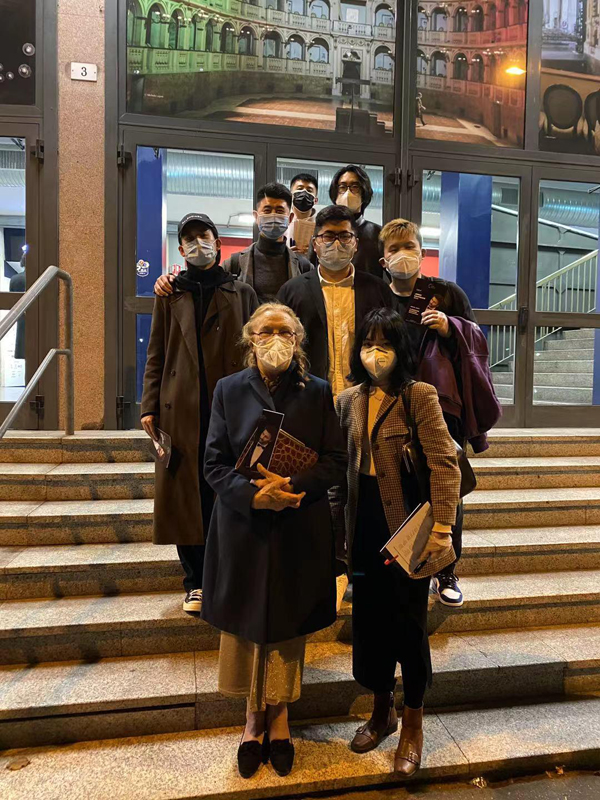
I was taken with my teachers and classmates after the concert.
"Then are you afraid (of infecting COVID-19)?" In the face of The Paper reporter’s question, I thought deeply and nodded to the camera.
Under the epidemic situation, any minor symptom may lead to infinite speculation, "Do you have a fever? Do you want to have it tested? Did I get to COVID-19? " I recalled that during this time, she witnessed her teacher being infected with COVID-19 and her students being infected, and she would repeatedly confirm every small sign from her body.
During the epidemic, Ajie and Lisi, who were in a foreign country, realized the local customs of Italy, while Graceful returned to Mongolia and found a "new self". Graceful told The Paper that in addition to attending online meetings organized by school tutors regularly every month to report on her study progress, family time has become the main line of Graceful’s life, which she has lacked in studying abroad for the past seven years. She lived with her parents day and night, renovated her grandparents’ house together, and taught them how to participate in online meetings.
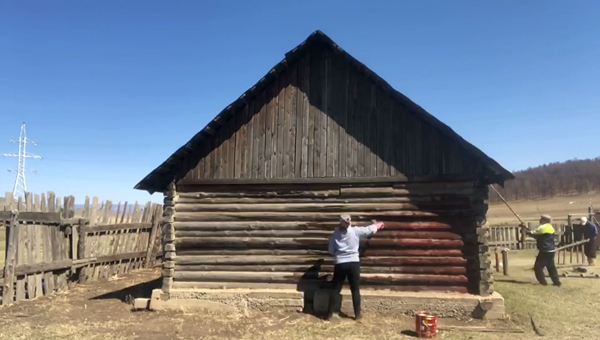
Graceful and her parents renovated their grandparents’ houses.
More importantly, the sudden epidemic has slowed down the original fast-paced life and won a valuable "buffer period" for graceful people, which enabled her to better reflect on and know herself. "Life before the epidemic often makes me feel anxious. I can’t help worrying about many things, such as unfinished homework or employment problems, and I am always under the pressure of competition." Graceful said, "But during this time at home, I gradually understand what I really want to live, and I will pay more attention to what I am doing now."
Can the future be expected?
"I just want to return to normal school life, but I don’t know if I should still have such expectations now." Totto-chan said helplessly in an interview with The Paper.
It has been nearly a year since I left Shanghai on January 10th. Totto-chan, a Vietnamese student who originally planned to return to a university in Shanghai after the winter vacation in March, can only expect the school to issue a notice allowing international students to return to school every one or two months.
For Totto-chan, who has studied Chinese for seven years, her greatest wish is to go through a formal graduation ceremony at a school in China, and then solemnly bid farewell to her friends, school and Shanghai in China. "I have always been looking forward to experiencing life in China’s cities and schools, and I especially cherish everyone I meet." Totto-chan told The Paper, "However, I left in a hurry after living in Shanghai for more than a year, and I feel very sorry for the absence of the graduation ceremony."
Compared with the international students who are looking forward to returning to school, they are more anxious than the international students who are in the "most difficult job-hunting season" under the epidemic, but can’t go back to China to participate in interviews and find jobs.
March every year is the graduation season in Japan, and it is also the job hunting season in Japan. Sato, who studied for a master’s degree in Taipei, might have gone to the interview points of major enterprises in a suit and tie, but now he is wearing pajamas and sitting in front of the computer, bored and brushing the recruitment brochures of various companies.
"Looking for a job, I will go back to Japan for an interview, but I will be quarantined when I go back, and I will be quarantined when I return to Taiwan Province, wasting a month going back and forth. Moreover, the paper has not been finished yet, and I don’t have the courage to fight like this. " For Sato, who has been preparing for a job search for nearly a year, he reluctantly gave up his plan to go back to Japan to find a job in person for the sake of time cost. Fortunately, major Japanese companies have launched online interviews for the epidemic since March, which has given Sato a chance.
Although we can interview online, there are still some insurmountable "gaps" in Sato’s cognition-most graduates in Japan except Sato still choose to go to the scene. "Everyone is interviewing on the spot, only I am online. If I can’t connect with the interviewer smoothly due to poor internet speed, then it’s over?"
But after several online interviews, Sato found that the actual situation was not as bad as he imagined. Sato recalled that in the three rounds of interviews in various companies, in the first round, he would meet many people who were unable to return to China because of the epidemic. In the second and third rounds of interviews with a small number of people, the only student who interviewed online was more easily remembered by the interviewer. "I didn’t expect online to be easier than I thought." Sato said with a smile, maybe the epidemic has caused him to lose a lot, but the "small fortunate" in difficult times is to gain the Offer of his favorite company.
At the ceremony of introducing newcomers, Sato, the only "new employee" who is not in Japan, was put on the company’s big screen through video software. "Only my big face was cast on the big screen of the scene. At that moment, the whole audience was watching me. The head of the future department and the boss of the company’ pretended’ to give me an Offer through the screen. This scene was both embarrassing and special, and I seemed to be the focus of attention."
Despite mixed feelings at this time, I don’t know whether the decision to join a Japanese aviation company under the epidemic situation is correct, but Sato is still full of expectations for his future work.
Although I haven’t received the notice of returning to school yet, fortunately, Totto-chan, a Vietnamese student, also found a future employment direction during the epidemic-becoming a Chinese teacher. With the epidemic situation in Vietnam well controlled, Totto-chan, who can’t go back to school, applied for a job of teaching Chinese in a university in Vietnam, working four and a half days a week. Although she was busy, she found that she gradually fell in love with the profession of Chinese teacher.
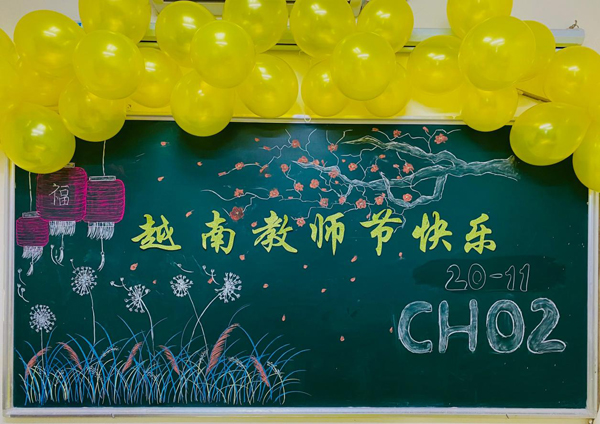
Totto-chan’s first teacher’s day at school
Totto-chan said that when the school issued the notice of returning to school, she wanted to go everywhere on campus seriously. Like to experience new things, she has also set foot in many cities in the north and south of China. Next, she wants to visit Xi ‘an. "Every step I take, there will be more topics to talk to students in the future." Totto-chan described the China he had visited and his expectation for the future.
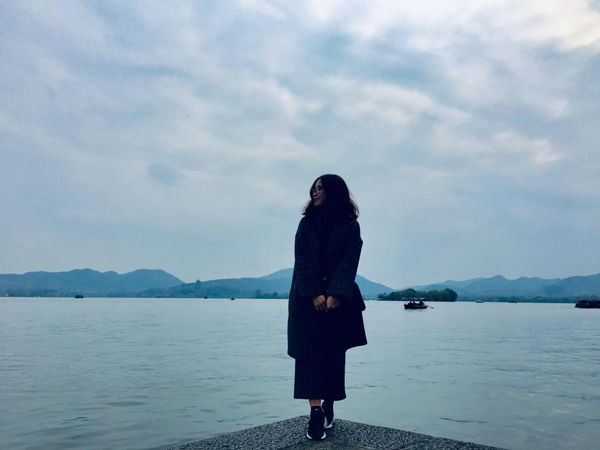
Hangzhou in Totto-chan’s eyes
Overseas students who share their lives with The Paper can’t cover all of them, but they are also the epitome of this kind of "special population" under the epidemic: Totto-chan left school with regret, but always looked forward to the day of returning to China; Sato accepted the "challenge book" of the epidemic, realized his wish, and regarded this job search experience as an unforgettable journey; Aki witnessed China under the epidemic with her own eyes, and also strengthened her dream of studying abroad; Graceful in the epidemic "breathing" opportunity, decided to put down the burden of thoughts, will worry about tomorrow …
Looking back at the overseas students in China under the epidemic situation, Haley unexpectedly received the dream school Offer in a special period, and after considering it, she chose to study at home, but she really felt the hardships she had never experienced; Ivan was faced with choices that had never been imagined in his life planning, and summoned up his courage to go to England and found that the reality might not be as bad as she imagined; And even more, I helped others in the process of integrating into the local area, which subtly influenced the local people’s ideas about the epidemic …
"It’s just a diploma, life is more important!" Since the first wave of epidemic broke out in Italy, I’m parents often talk about this sentence and advise her to give up. Until now, they still regret that I should not have been sent to Italy. "Sometimes it’s frustrating to hear that." I said frankly, "but they can only understand my current situation from the news, so I can understand them."
Like Xi, many international students are burdened with too much anxiety and hesitation in the face of the epidemic-worries from parents, discouragement from friends, and impact from the outside world. Whether it’s moving on or stopping for a while to recharge your batteries; Whether they are determined or regret the choices they have made, at least they still have dreams, see a wider world in the epidemic and realize their truer selves.
Looking forward to the future, I look forward to the light in my eyes: "Keep on cheering, I will graduate soon. There will be the last graduation performance next year, and I hope to attend the graduation ceremony smoothly … "
"What does this study abroad experience mean?" I thought about it, and told the The Paper reporter frankly, "I think it’s growth. At least I learned to cook. " I smile at the camera and continue today’s piano practice.
